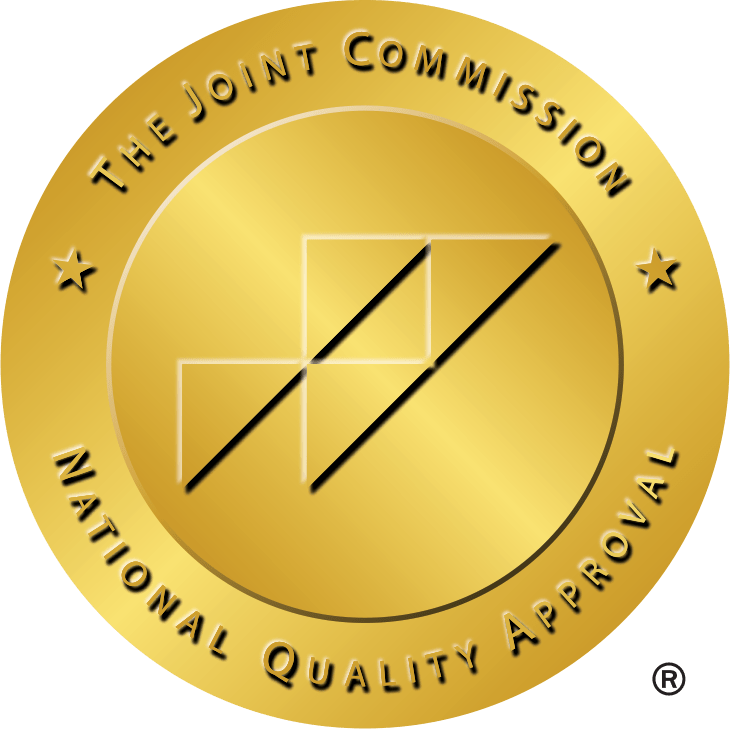Among the crucial decisions in this pursuit is the daily dietary intake, which plays a pivotal role in supporting your recovery journey.
Among the crucial decisions in this pursuit is the daily dietary intake, which plays a pivotal role in supporting your recovery journey.
Prioritizing health is the foundation for creating a sober life, taking into account the well-being of your body, mind, and spirit.
An essential aspect of this journey is the significance of your daily dietary choices in sustaining your recovery efforts.
It might not be immediately evident how sobriety and healthy eating are intertwined, so let’s explore the detrimental effects of substance use disorders on the body and understand why good nutrition plays a vital role in the recovery process.
To repair the damage caused by chronic alcohol and drug use, proper nutrition becomes paramount. A well-balanced and nutritious diet supplies the body with essential elements like vitamins, minerals, protein, healthy fats, carbohydrates, and water.
Incorporating nutritional support into addiction treatment helps patients develop healthy eating habits while addressing any previous issues arising from malnutrition and dehydration. Patients can use food journals during treatment to track their dietary intake and emotions, using this valuable information for group discussions and personal growth.
Tailoring dietary plans to meet the specific needs of each patient is crucial, ensuring that vegans, vegetarians, and individuals with celiac disease can also benefit from a well-designed and nourishing recovery-focused diet.

Addiction and Appetite
Consider this perspective: every item you consume has the potential to either benefit or harm your body.
Substance use disorders are no exception; they can profoundly affect your overall health and well-being, including your appetite.
The alterations in appetite can manifest in various ways.
Some substances act as appetite suppressants, diminishing your desire for food. While over-the-counter products are labeled for this purpose, certain prescriptions may also function similarly. Stimulants, for instance, are one category of substances that may decrease appetite.
In some cases, substances may cause you to forget to eat. These substances can impair your judgment and have other effects on your brain that hinder your natural inclination to eat. Engrossed in drug use, you may unintentionally skip meals regularly.
Moreover, certain substances can deceive your body into believing that it has been nourished by consuming high-calorie alcoholic beverages.
Cocktails like Long Island iced tea and margaritas are examples of drinks that contain more than 700 calories each. Just one of these beverages equates to the recommended calorie intake for women during a meal, such as lunch or dinner.
Such high-calorie drinks can disrupt your eating patterns and have significant effects on your overall health.
How Nutrition Heals You
Proper nutrition is crucial for sustaining recovery efforts in the long term, as a malnourished body may struggle to heal effectively. Therefore, adopting a balanced and nourishing diet during and after initial treatment plays a vital role in the healing process.
Following detox, a patient’s appetite can be restored, leading to regular eating habits and possibly some weight gain. It is essential to adopt a diet that promotes a healthy amount of weight gain without rapid increases.
A well-balanced and nutritious diet supplies the body with essential elements like vitamins, minerals, protein, healthy fats, carbohydrates, and water. These components enable the body to function properly, initiate self-healing, and reverse the damage caused by substance abuse. Nutrition, as a cornerstone of self-care, can significantly improve various aspects of the body and support a substance-free lifestyle.

The positive outcomes of making good nutrition choices are evident in improved blood pressure, enhanced immunity, and healthier skin and hair. Healthy fats play a vital role in functions such as blood clotting, hormone production, and muscle function. Adequate water consumption and proper absorption profoundly impact almost every bodily function.
In the healing process, it’s essential to differentiate between simple and complex carbs, as not every carbohydrate is equally beneficial. Around half of the daily calorie intake should come from carbs, with a focus on avoiding simple carbs like bleached flour and sugar while favoring complex carbs found in whole grains and starchy vegetables.
Even before entering treatment, individuals can begin to understand how specific foods influence their recovery. For example, incorporating whole foods containing the amino acid tyrosine can boost dopamine levels, helping to counter intense substance cravings during early treatment. Foods like whole grains, cheese, bananas, and lean beef fall into this category.
During treatment, sugar consumption can be problematic and may exacerbate anxiety and depression. To reduce sugar cravings, incorporating whole foods rich in L-glutamine, such as dark leafy greens (spinach and kale), beets, carrots, and beans, can be beneficial. Lowering sugar intake can help reduce inflammation and contribute to a more effective addiction treatment process.
Nutrition not only aids the body in recovery but also plays a pivotal role in supporting brain health.
Complex carbohydrates, fatty acids, water, and vitamins are essential nutrients crucial for optimal brain function. Vitamins can be classified as either fat-soluble, such as A, D, E, and K, or water-soluble, like C and B vitamins.
One of the key advantages of proper nutrition is its positive impact on brain health through neuroplasticity—the brain’s capacity to form and reorganize connections. This ability becomes particularly vital during recovery when the brain needs to adapt after being repeatedly rewarded by drug or alcohol use for extended periods.
Let’s explore some specific ways nutrition influences brain health during recovery:
Carbohydrates: Consuming healthy carbs promotes the production of serotonin, a neurotransmitter that can reduce substance cravings, stabilize mood, and improve sleep quality.
Amino acids: Amino acids facilitate the production of dopamine, a neurotransmitter crucial for preventing heightened aggression, intense cravings, and negative mood changes.
Dietary fat: Dietary fat aids in the regeneration of neuroplasticity through two key steps—it reduces inflammation and safeguards the integrity of cell membranes.
Omega-3s: Omega-3 fatty acids contribute to decreased inflammation and enhance the uptake of neurotransmitters by the brain.
Omega-6s: Omega-6 fatty acids, when combined with Omega-3s, work to enhance neurotransmitter receptor function and activity.
The importance of improved brain function through proper nutrition cannot be emphasized enough. Optimal brain function enables patients to learn and retain coping skills necessary to remain focused on their sobriety goals.
Without it, patients may struggle with the therapeutic elements of the treatment program and encounter greater challenges in their recovery journey.
If you or a loved one is in need of healing, call Brooks Healing Center today to speak with one of our healthcare professionals!




